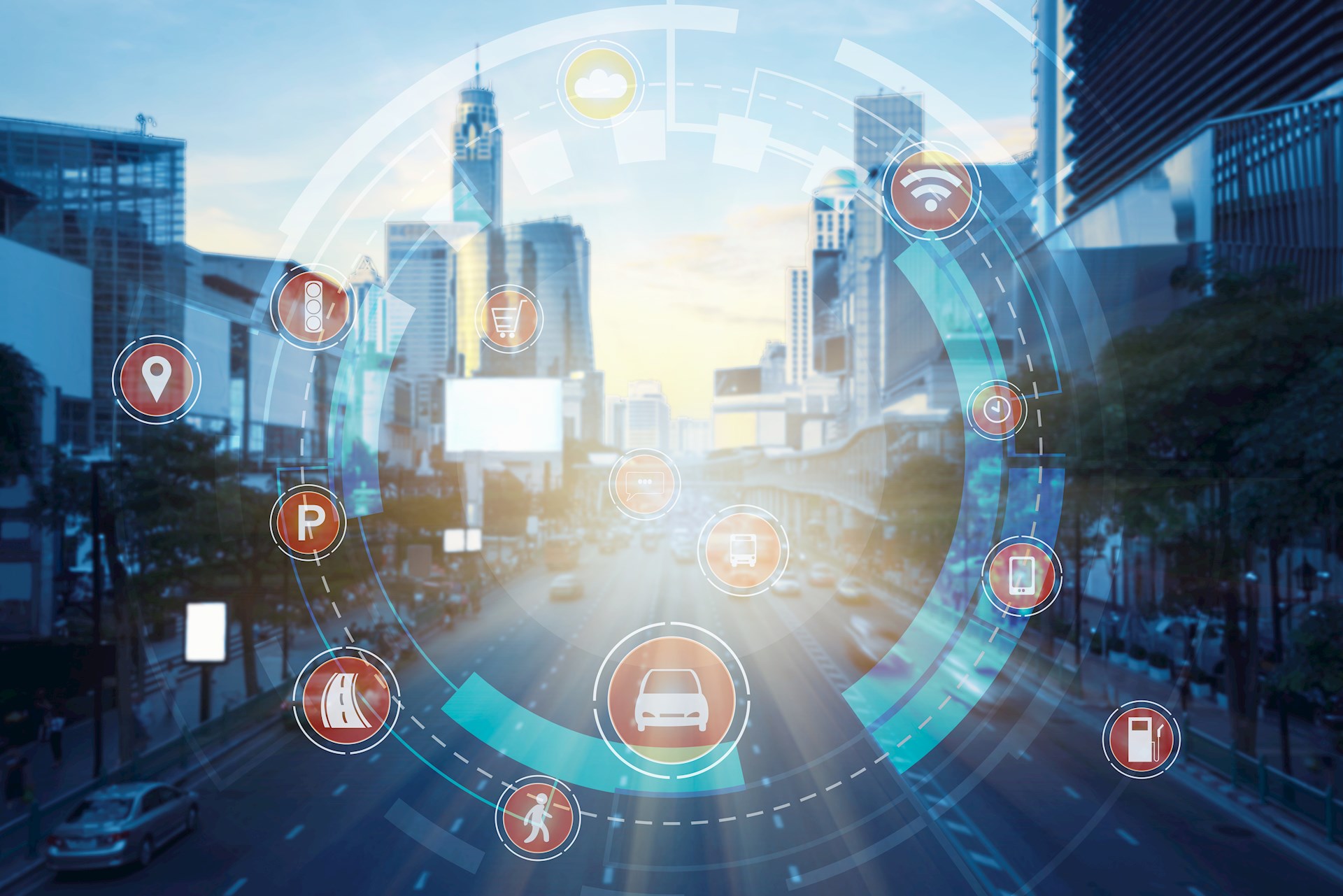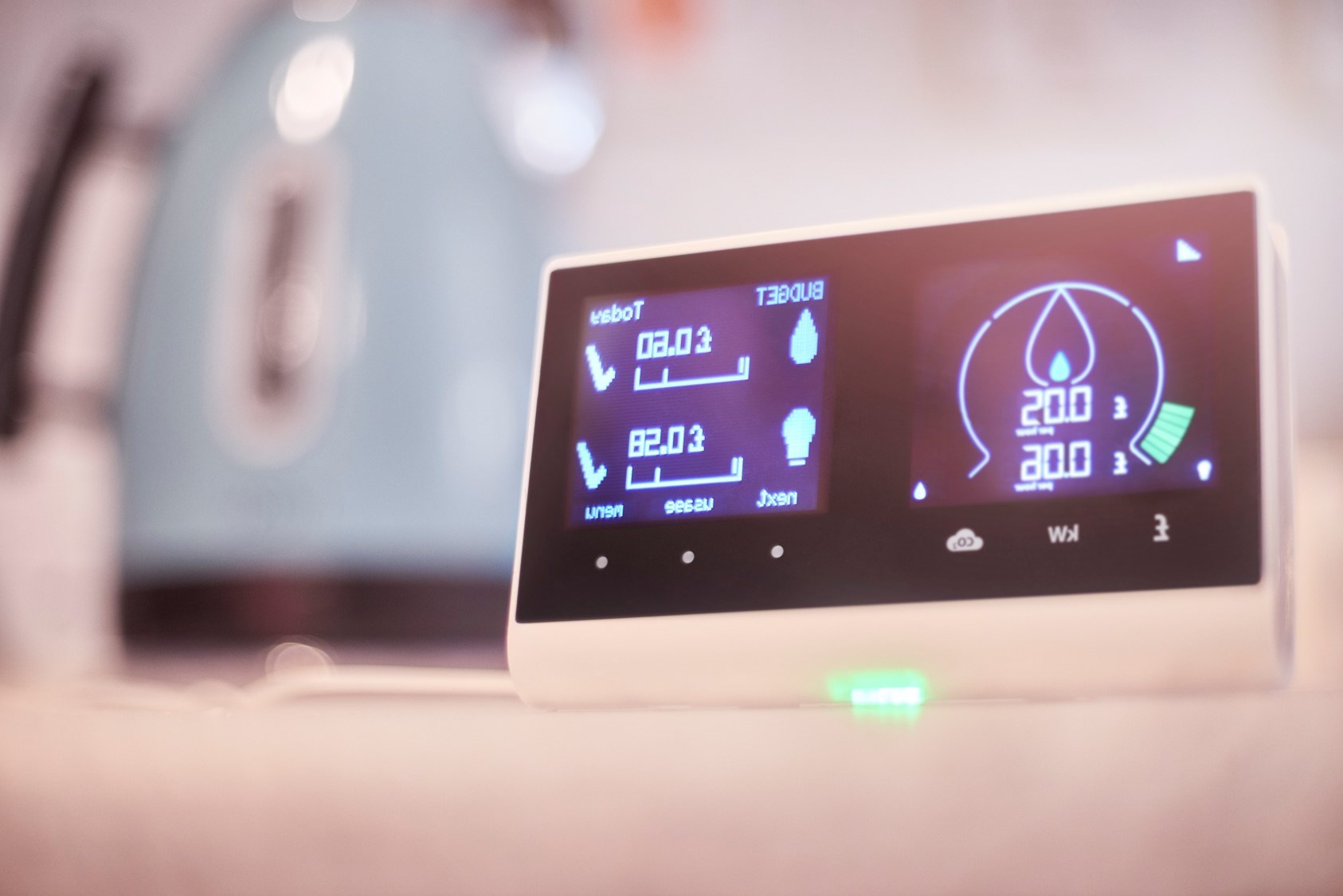In its discussion paper, Data for Good, the DCC proposes that organisations work together to create ‘free-to-access’ data exchanges to maximise the use of analytics to solve some of the nation’s big challenges, such as reaching Net-Zero and ending fuel poverty.
The proposed first DCC exchange would give secure, free access (or at cost) to system data from its nationwide, secure smart meter platform. The ability to analyse and use granular detail about the smart meter system, as well as by combining it with data from other organisations, could be a game-changer for the country’s Net-Zero ambitions.
“The value of the data generated on the smart network in supporting the decarbonisation of our environment is monumental.”
A few of the emerging examples harnessing a data exchange approach include:
Helping households in fuel poverty – 47% do not currently receive benefits, and energy suppliers invest an estimated £100m of ‘search costs’ trying to ensure interventions go to those that most need it. Sensitive and appropriate use of pre-payment meter system data can help put this right.
Supporting better visibility of the energy system – the Energy System Catapult estimates that the unique insights and cross-network learning that could be derived from DCC data could help realise savings of up to £2.4bn.
Making the energy sector work for everyone – integrating datasets to steer policy, regulation and planning:
- Helping to assess the impact of a new energy system
- Enhance existing models, planning for low-carbon heating
- Understanding how economic events or even extreme weather affects consumer behaviour, supplier switching or interaction with prepayment meters
The DCC’s platform is a public asset with open and equal benefit for all. Its ambition is for smart meter system data to deliver the best possible outcomes for society and the energy system – all of which is delivered with the core goal of accelerating decarbonisation in the UK.
Further reading







